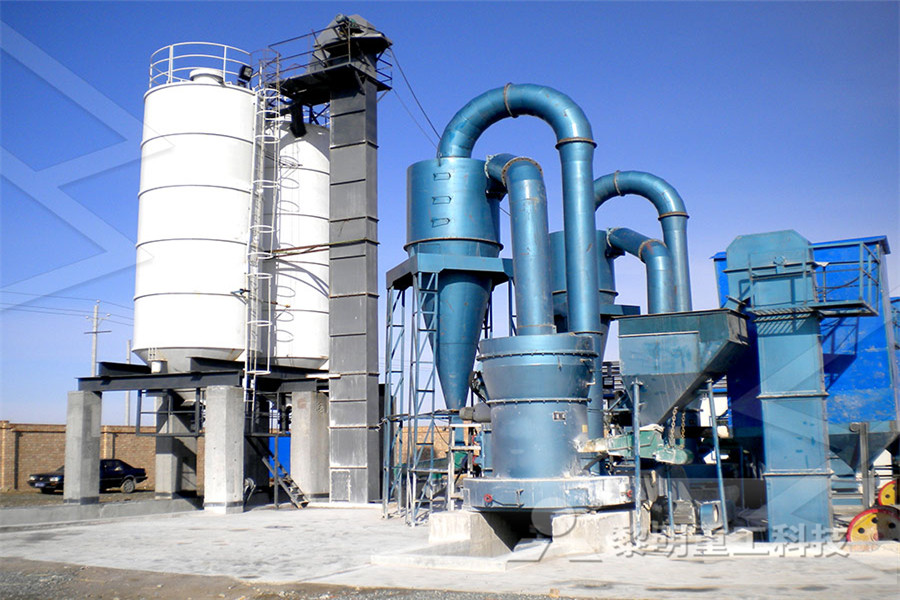
The Social and Environmental Consequences of Coal
Coal mining in South Africa It was mining that gave South Africa its current shape through processes from the 1880s to 1910 Gold mining took centre stage early, both because of its importance for the British and thus global monetary system and the profits to be made CheapCoal is South Africa’s third largest source of foreign exchange; platinum being the largest and gold second Around 15% of the country’s GDP (2000 estimate) is spent on energy and 77% of that is derived from coal In 2004, the coal and lignite mining industry generated a gross income of R39 billion and directly employed 50,000 peopleEconomic Impact of Coal Mining in South Africa is the amount of methane in the coal As mining proceeds, the methane is released into the mine air and eventually discharged into the atmosphere South Africa currently emits nearly 7 million tons per annum of carbondioxide equivalent from the underground coalmines A further impact is the collapse of the roof between the pillars in the long COAL MINING AND THE ENVIRONMENT
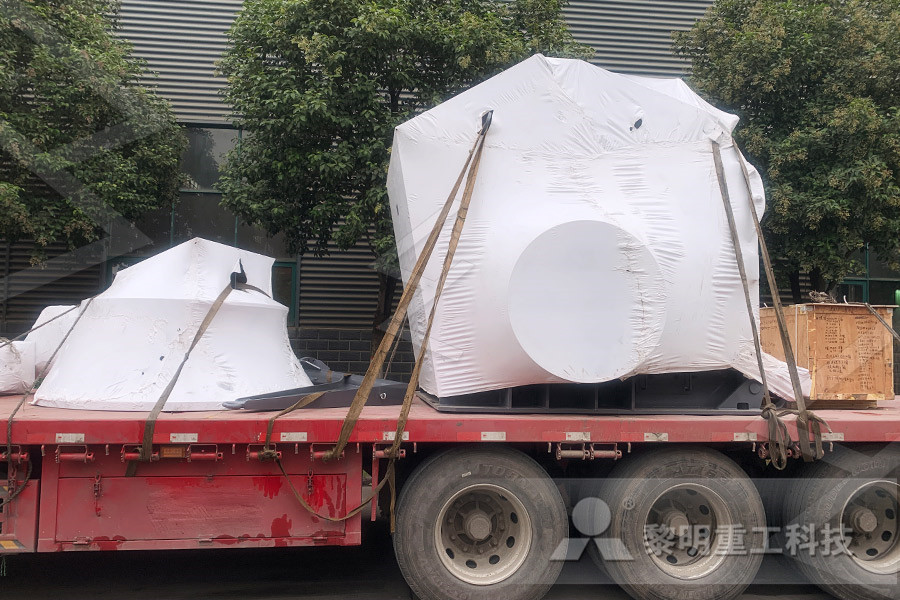
The impact of coal mining on the environment and
The impact of coal mining on the environment and community quality of life: a case study investigation of the impacts and conflicts associated with coal mining in the Mpumalanga Province, South Africa (Thesis) University of Cape Town ,Faculty of Engineering the Built Environment ,Department of Chemical Engineering But South Africa, which currently generates 90 percent of its electricity through coal, is already struggling with the devastating impacts of more than a century of excessive miningThe heavy toll of coal mining in South Africa Coal In South Africa in the 2015/2016 financial year, Eskom consumed about 119 million tonnes of coal, while some 75 million tonnes were exported Although mining in general consumes only 14% of the electricity generated in South Africa, coal THE IMPACT OF MINING ON THE SOUTH AFRICAN
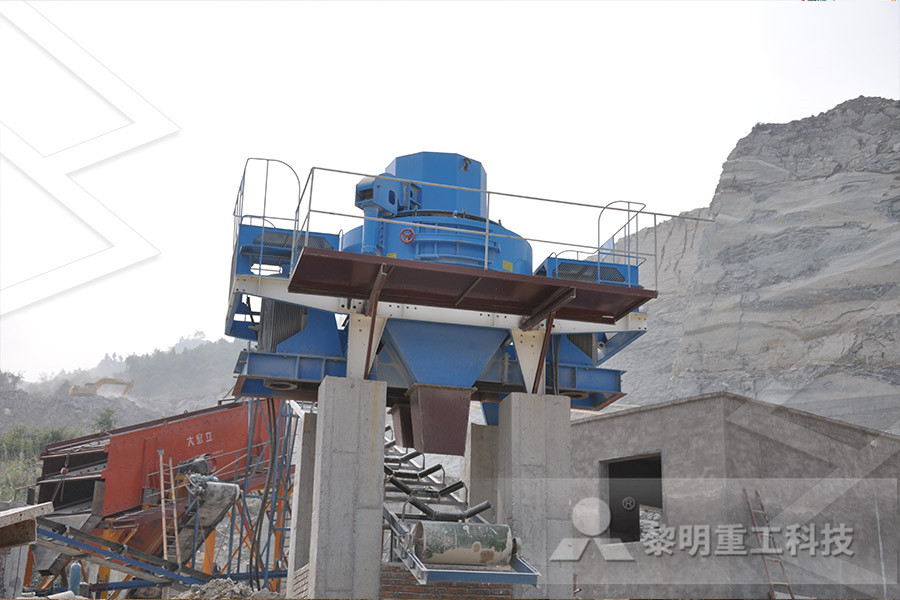
The impact of coal mining on the environment and
Shongwe, Bonisile Nolwando "The impact of coal mining on the environment and community quality of life: a case study investigation of the impacts and conflicts associated with coal mining in the Mpumalanga Province, South Africa" Thesis, University of Cape Town ,Faculty of Engineering the Built Environment ,Department of Chemical 21 The Importance of Mining in terms of its Contribution to Value Added in the South African Economy In this section we examine the contribution of the mining sector to South African output in terms ofthe real value addedcontributed by the three aggregate SouthAfrican mining sectors: Coal, Gold The Role of Mining in the South African Economy South Africa– Blue Sky Publications (Pty) Ltd T/A TheSouthAfrican Number: 2005//07 Address: Regus Business Centre 1st Floor, Block B, North Park, Report shows Mpumalanga coal mines South
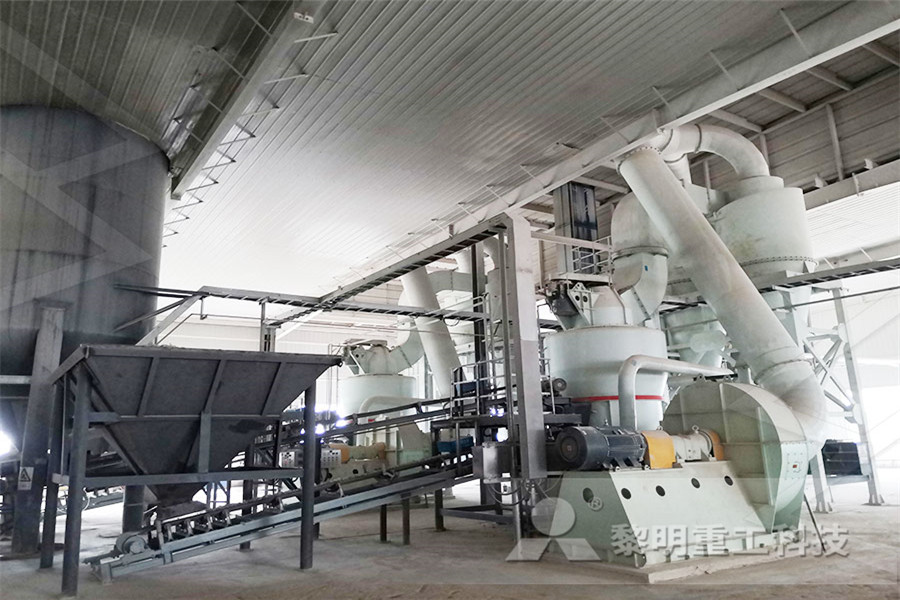
The impact of coal mining on the environment and
Shongwe, Bonisile Nolwando "The impact of coal mining on the environment and community quality of life: a case study investigation of the impacts and conflicts associated with coal mining in the Mpumalanga Province, South Africa" Thesis, University of Cape Town ,Faculty of Engineering the Built Environment ,Department of Chemical South Africa is highly coal and energy intensive, and has an economy characterized by extremely high levels of in equality and poverty (with more than half of the popula The impact on total coal mining employment is limited by the increased use of coal directly by the industrial sector, which grows over the period However,Coal transitions in South Africa Understanding the The number of employed has grown Employment in the coal mining industry rose by 75% between 2002 and 2012, falling a close second behind the PGM mining industry (78%) Employment in the gold mining industry dropped by 29% over the same period 4 Coal as a source of energy Coal is South Africa’s dominant energy source 77% of South Africa The importance of coal Statistics South Africa
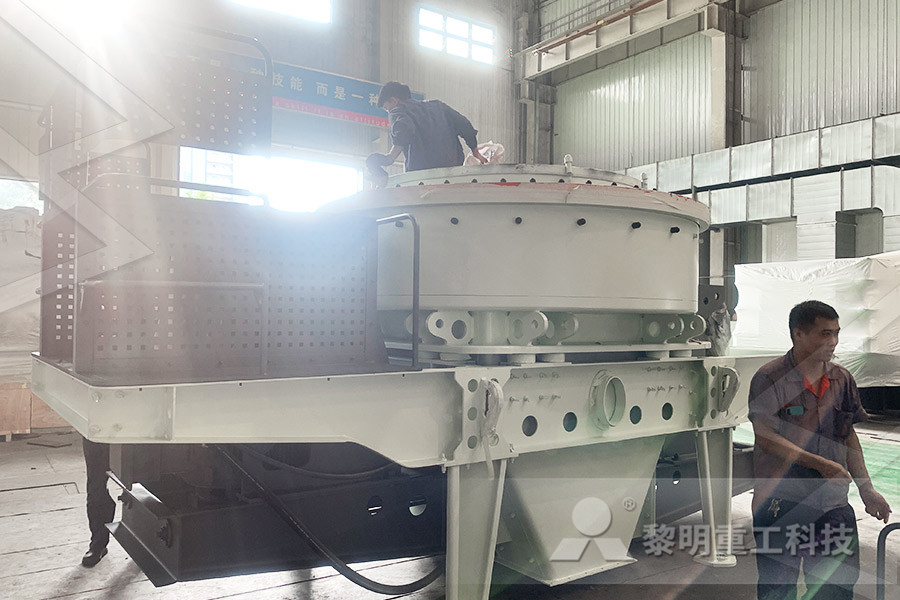
1 IntroductIon to south AfrIcAn coAl mInIng And
the history of coal mining in south Africa Coal was discovered in KwaZuluNatal, Mpumalanga and the Eastern Province, and first documented between 1838 and 1859 The first commercial mining took place near Molteno, in the Eastern Cape, in 18701 The discovery of diamonds at Kimberley in 1870 and gold on the WitwatersrandIn South Africa the coal industry totals more than 12% of the mining workforce – more than 65,000 workers – and it is estimated that more than US$1 billion in wages are paid to its workforce each year Even more importantly however, the impact that these jobs have is spread widely across communities at Social and Economic Benefits of Coal Mining In any event, the rising costs of energy due to renewables would reduce general economic growth and negatively impact other commodities South Africa’s coal reserves are estimated at around 53 billion tons and nominal sales from coal mining in South is an estimated R1106 billion in 2016, an increase of 314% from 2003EXCLUSIVE: The future of coal in South Africa literally
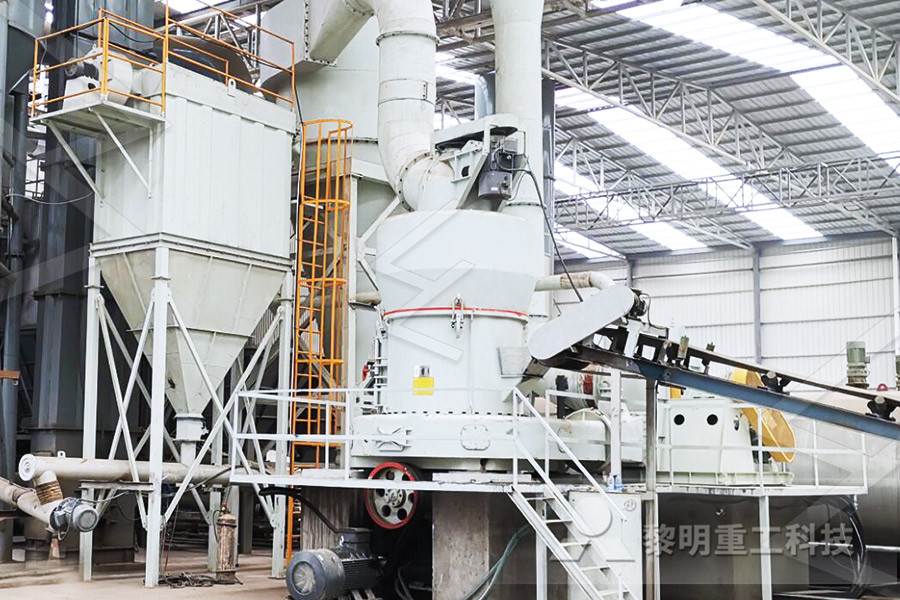
The end of coal? Planning a 'just transition' in South Africa
Coal in South Africa South Africa today relies on coal to generate 92% of its electricity and to produce roughly 20% of its liquid fuels (Department of Energy 2015) As a result, the public utility Eskom and chemical firm Sasol together account for more than 50% of South Africa’s greenhouse gas emissions and 85% of the coal used in the local Coal mining threatens people’s access to water in Mpumalanga, South Africa u South Africa is one of the thirty driest countries in the world This is due to its geographical location and low annual rainfall, however, largescale mining operations also have an increasing negative impact on the country’s water quality and availabilityCoal mining threatens people’s access to water in Coal mining South African coal occurs in layers within sedimentary rocks of the Karoo Supergroup These are widespread, but coal is restricted to the areas shown in Figure 2 The coal is extracted either by underground mining or by opencast methods Unlike gold mining, the coal is removed from the site and there is very little surface dumpingThe impact of acid mine drainage in South Africa
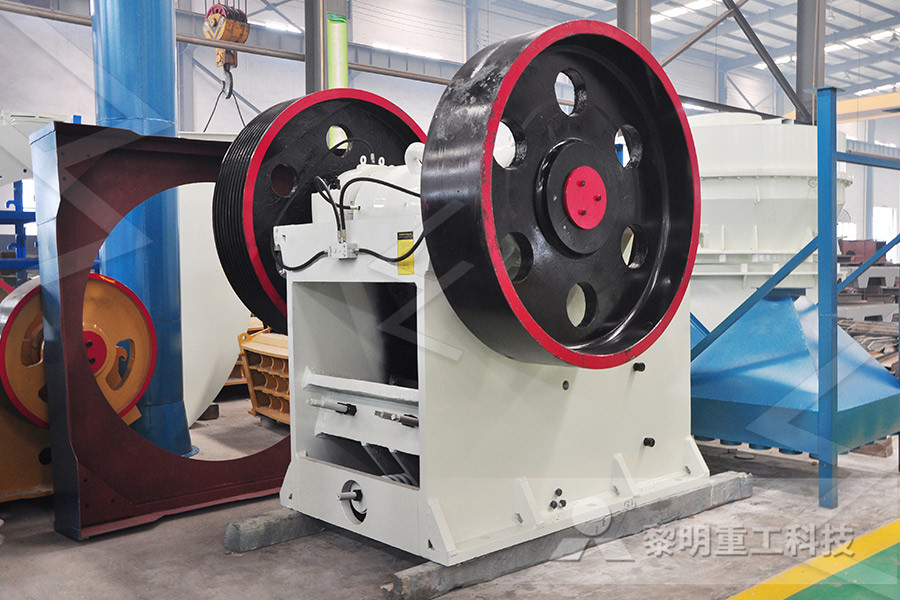
In pictures: What coal is doing to the Mpumalanga
Coal trucks collecting their loads on the Mpumalanga Highveld, where most of South Africa’s coal is produced Photo: Tracey Davies/CER Water seeps into coal pits and becomes toxic The unrehabilitated discards of opencast coal mining Longabandoned overburden dumps Opencast coal mining cuts a vast swathe through the grasslandsGovernment still disregards environmental and health impacts of coal mining Media statement by the Bench Marks Foundation 24 August 2015 Despite very strong opposition to Coal of Africa’s (CoAL) Vele and Makhado mines in South Africa’s Limpopo Province from community members and NGOs, the Department of Mineral Resources seems set to allow these mines to operate, according to a report South African government disregards impacts of coal Shongwe, Bonisile Nolwando "The impact of coal mining on the environment and community quality of life: a case study investigation of the impacts and conflicts associated with coal mining in the Mpumalanga Province, South Africa" Thesis, University of Cape Town ,Faculty of Engineering the Built Environment ,Department of Chemical The impact of coal mining on the environment and
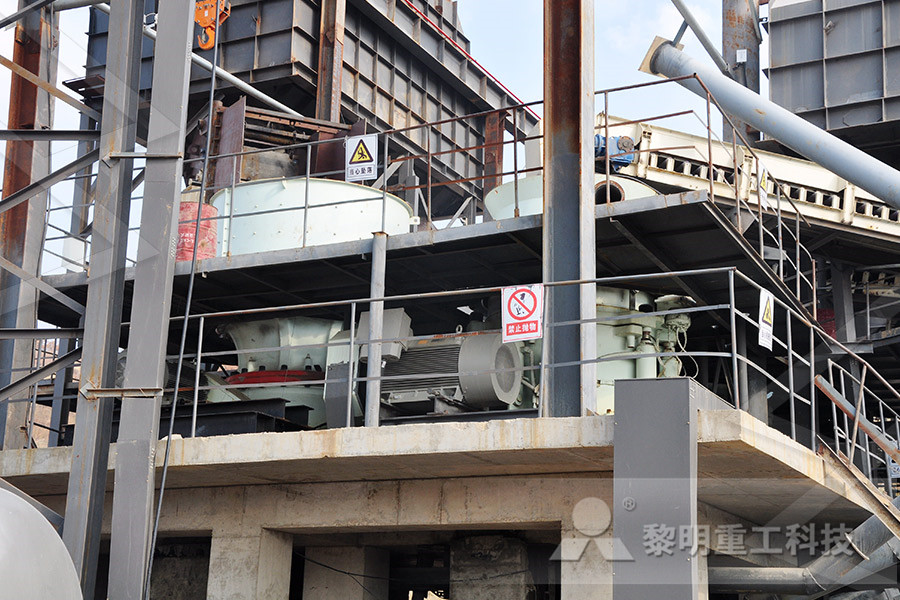
EXCLUSIVE: The future of coal in South Africa literally
In any event, the rising costs of energy due to renewables would reduce general economic growth and negatively impact other commodities South Africa’s coal reserves are estimated at around 53 billion tons and nominal sales from coal mining in South is an estimated R1106 billion in 2016, an increase of 314% from 2003The impact on total coal mining employment is limited by the increased use of coal directly by the industrial sector, which grows over the period However, overall, coal production in the NDC scenario declines by 11% per year between 2017 and 2050 in a least cost energy pathway for South AfricaCoal transitions in South Africa Coal TransitionsIn South Africa the coal industry totals more than 12% of the mining workforce – more than 65,000 workers – and it is estimated that more than US$1 billion in wages are paid to its workforce each year Even more importantly however, the impact that these jobs have is spread widely across communities at Social and Economic Benefits of Coal Mining
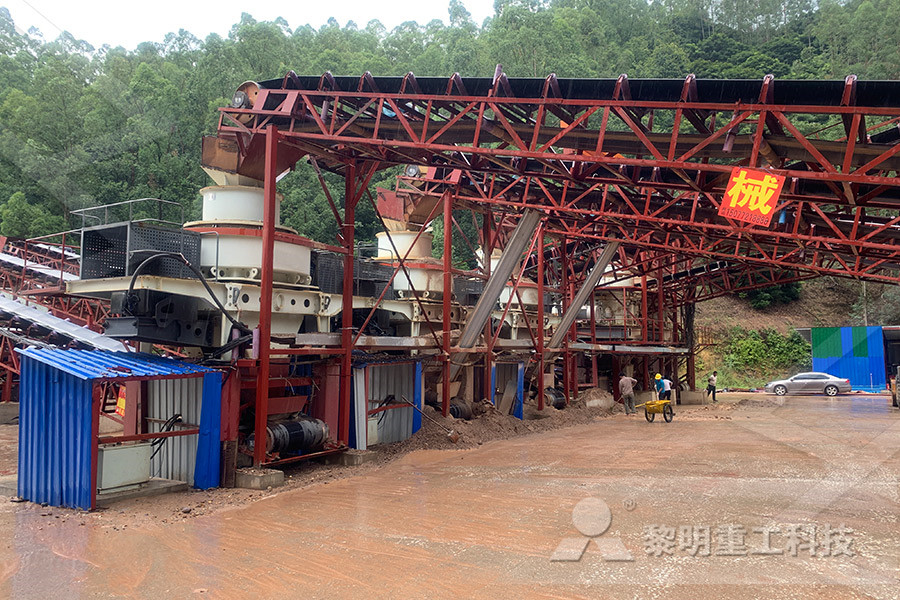
Coal mining threatens people’s access to water in
Coal mining threatens people’s access to water in Mpumalanga, South Africa u South Africa is one of the thirty driest countries in the world This is due to its geographical location and low annual rainfall, however, largescale mining operations also have an increasing negative impact on the country’s water quality and availability The coal industry recognises that South Africa is a water scarce country and that water is a precious resource The industry’s water management principles therefore centre around responsibly sourcing water, mitigating negative impacts on all stakeholders and meeting the socioeconomic needs of host communitiesCoal mining and the environment Coal Mining Matters South Africa is highly coal and energy intensive, and has an economy characterized by extremely high levels of in equality and poverty (with more than half of the popula The impact on total coal mining employment is limited by the increased use of coal directly by the industrial sector, which grows over the period However,Coal transitions in South Africa Understanding the
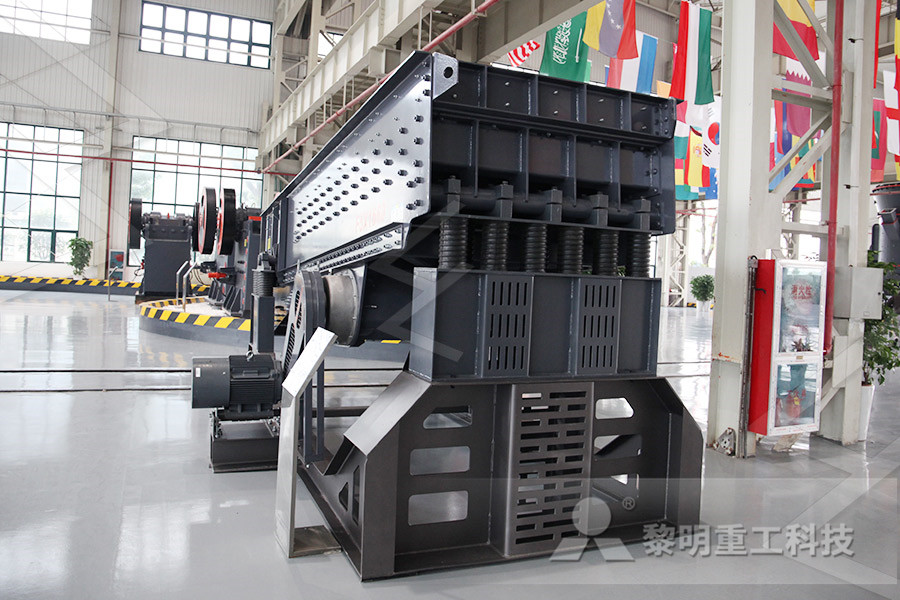
An input–output analysis of the impact of mining on
South African mineral resources are among the largest in the world It has the largest reserves of gold, platinum, titanium, chromium, manganese and vanadium, the second largest reserves of zirconium, and significant reserves of phosphates, antimony, coal and nickel (see Table 1)South Africa currently produces about 21% of world gold output (down from its 38% average share during 1976 to The South African Human Rights Commission has released a scathing report on the damage mining in the country is posing to human rights The conclusion paints a dark picture: "[T]he mining South Africa: How Mining Damages Communities and